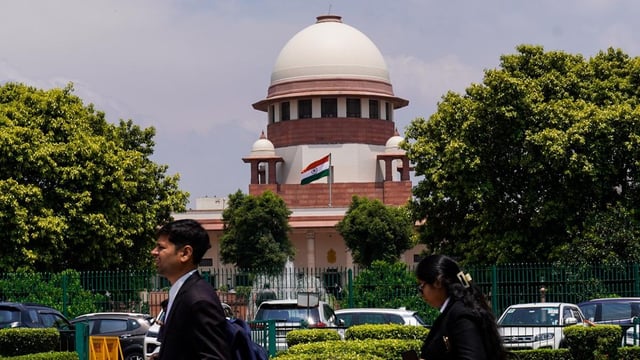Overview
- On the sixth day of hearings, a five-judge bench led by CJI B R Gavai said delays in assent cannot by themselves justify court-imposed, across-the-board timelines under Articles 200 and 201.
- The court asked what would follow if any deadline were ignored, including whether Governors or the President could face contempt, as Tamil Nadu proposed ‘deemed assent’ as a consequence.
- Several judges warned that fixing general timelines or invoking deemed assent broadly could have ‘dangerous implications’ and may amount to judicially amending the Constitution’s ‘as soon as possible’ framework.
- The hearings arise from a Presidential Reference challenging the Supreme Court’s April 8 ruling that set specific periods for gubernatorial and presidential action and applied deemed assent to certain Tamil Nadu bills.
- States such as Tamil Nadu and West Bengal urged timelines to prevent indefinite ‘pocket vetoes,’ while the Centre and supporting states argued that court-crafted deadlines intrude on executive discretion; arguments continue on Wednesday.



